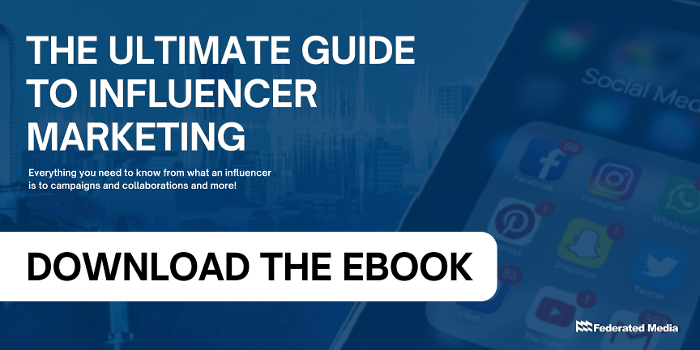First-party data has always been a key to success for businesses, but it’s not just about collecting email addresses to toss in a bucket for later.
It’s about learning valuable information about your customers so you can build a better relationship with them and bring value to their experience.
First-party data is all of the information you have directly about your prospects and customers, including their contact information and transaction history. A lot of first-party data is collected passively, but businesses can proactively collect first-party data by using online surveys, especially in contests or on forms to register for your email list.
It’s important not just to ask questions, but to make sure that you’re asking the right questions. Here’s a quick rundown on how to ask the right questions to collect the most valuable first-party data and better understand your prospects and customers.
Why We Ask Questions
You always want to keep in mind why you are asking questions in the first place. You’re not asking a question just because you’re casually curious — you’re asking because questions are a great way to understand how people interact with your products and services.
For example, you might know that a certain product or service you offer spikes in popularity around the same time every year. You could guess why that is, and you might be at least partially correct. But asking in a survey gives you the chance to find out exactly why — and you might be surprised by the answer.
Having more specific insights about your customers allows you to deliver a more personal customer experience. You might start an ad campaign for a product or service earlier in the year based on first-party data, or you could build a custom audience out of your email list who has expressed interest in a particular product and share more information about it. You can optimize all facets of your marketing campaigns, all because you asked the right questions.
How to Ask the Right Questions
One of the first questions that usually comes to mind when writing questions for an audience is, “Do you know about (your business)?” While that can help you gauge awareness of your business, there is not much you can do with a Yes/No question.
Think of the information that brings value to your business. What things do you really wish you knew about your customers if you were to have a direct conversation with them? What information would help your salesperson close a sale?
Example 1:
A roofing company wants to target homeowners who are in need of a new roof. They offer free inspections to anyone who signs up for their email list.
Many businesses may try to ask a series of questions such as:
- Do you own your own home?
- Is your roof damaged?
- Are you interested in having your roof inspected?
The only answers to these are yes and no, and don’t provide much detail. Instead, ask a series of questions with multiple-choice answers, such as:
- How long have you owned your home?
- What type of roof do you have?
- When was the last time your roof was inspected?
A homeowner may not be interested in having their roof inspected, but if they have an asphalt shingle roof, have lived in their home for 5-10 years, and don’t know the last time their roof was inspected, they could greatly benefit from an inspection and not realize it.
Example 2:
A restaurant is now offering breakfast and wants people to know about it. They’re running a contest for people to enter to win a gift card to use at their restaurant. As part of the entry form, participants are asked three survey questions.
Here’s a great question the restaurant can include in their survey:
What is your favorite dish on the new Average Joe’s breakfast menu?
- Biscuits & Gravy
- Pancakes
- Waffles
- French Toast
- Carnivore’s Breakfast Feast
- I don’t eat breakfast
- I didn’t know Average Joe’s served breakfast
Even if people select answer G, everyone who took the survey knows about the variety of breakfast items on their menu — and that’s valuable! The restaurant also gets valuable information about what items consumers enjoy the most.
The key to good questions is to think about what information you are getting from them. Can you use it to further market to these customers?
There is often a way to make it so that you can get the answer to the simpler question all while gathering more information.
By asking the right questions you can gain valuable feedback. When you think about how you can use all the information later, even if it’s just about a customer’s favorite item on your menu, you have the ability to add a personal touch to their customer experience.
One of the most effective ways to gather valuable first-party data is through contesting and surveys. Find out how to optimize a contest for first-party data collection in from our in-house digital marketing agency Federated Digital Solutions.


